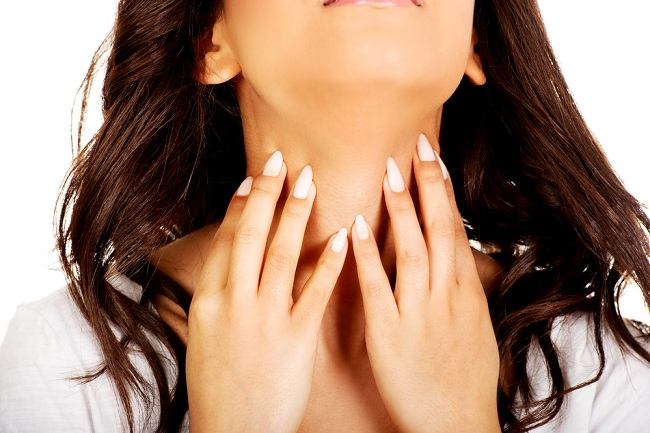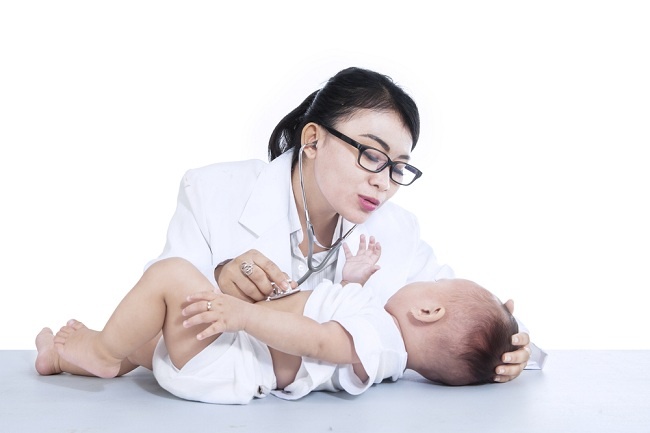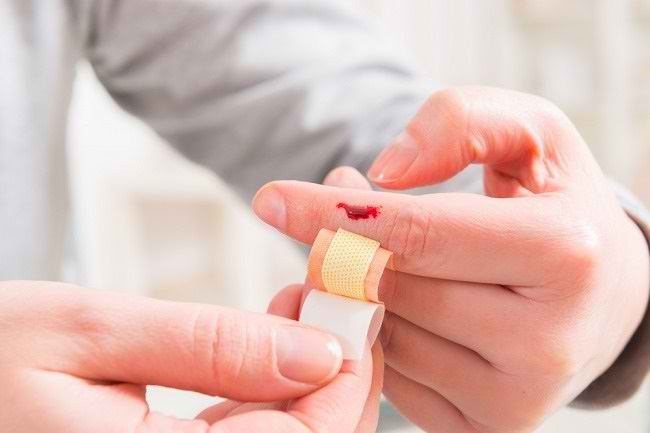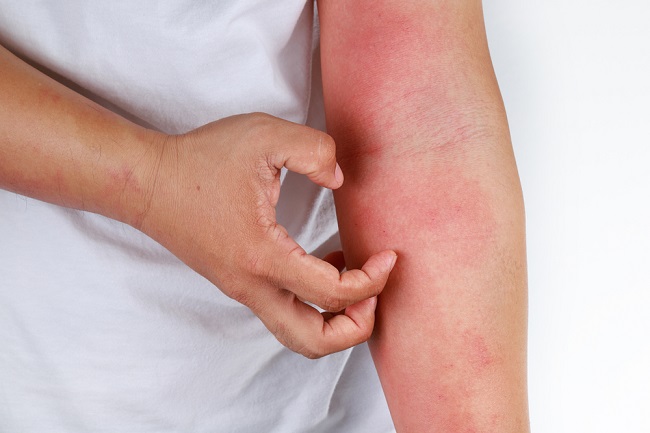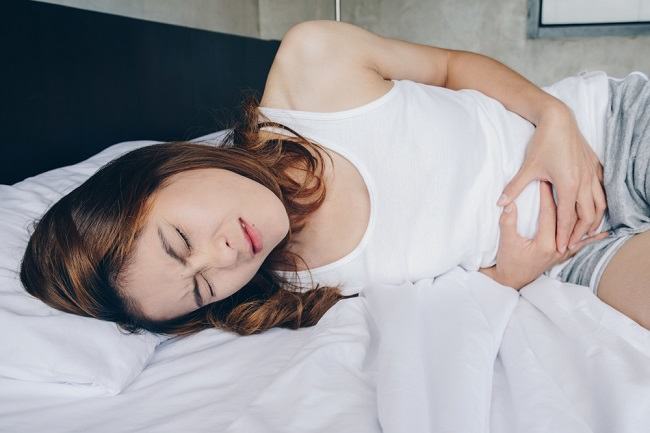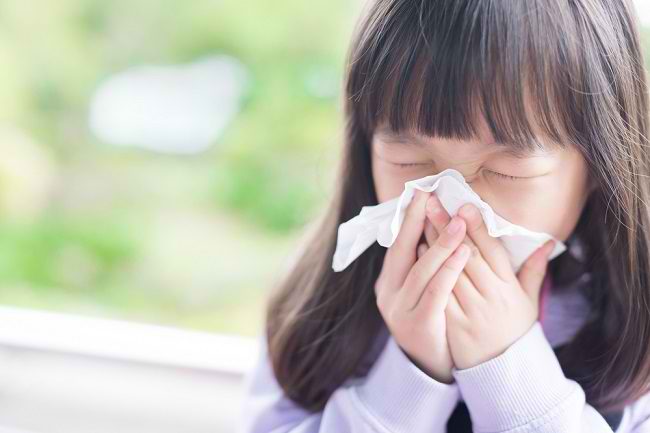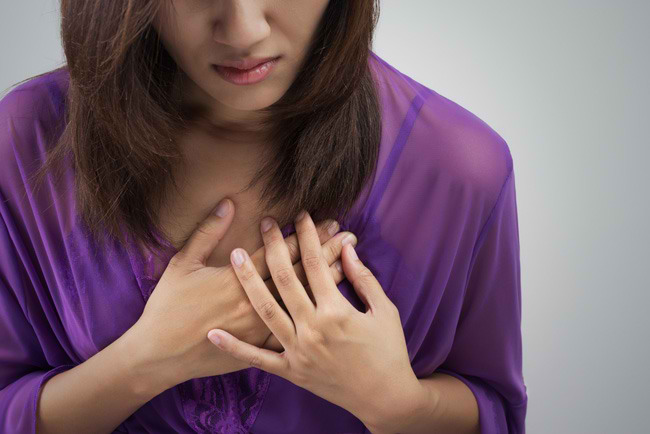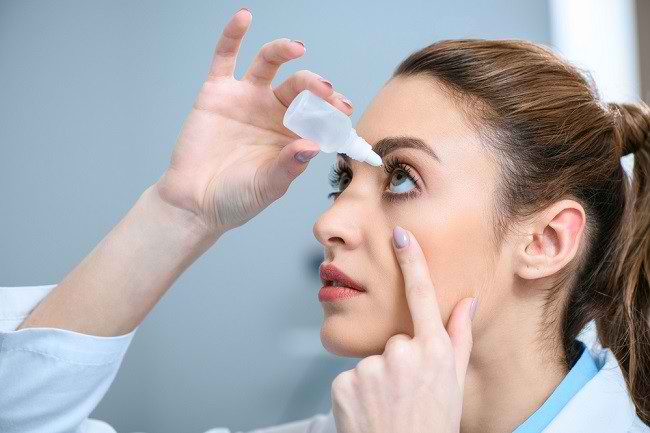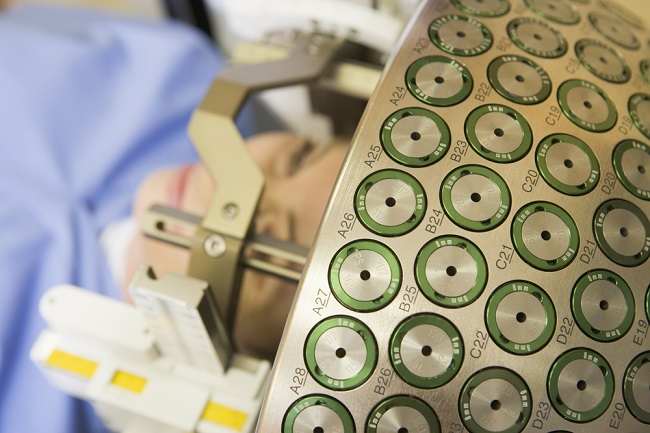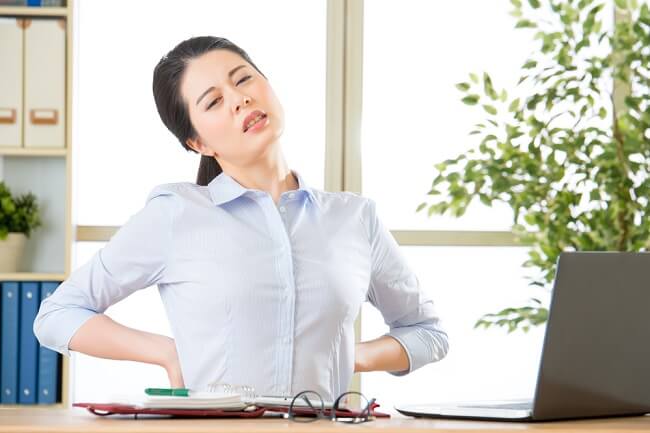There are bsome diseases whichsuffered a lot by elderly (elderly). Generally, the disease is caused by the aging process which reduces the function of the body's organs, so they do not work properly. This disease can make it difficult for the elderly to carry out daily activities independently.
Entering old age, the body will naturally experience physical changes due to the aging process. Aging can affect all parts of the body, from hair, skin, muscles, bones, teeth, and organs, such as the brain, kidneys, and heart.

These changes can have an impact on the health condition of the elderly. To be more secure, the elderly should also stay in a house that is specially designed for the elderly so that they can move safely and comfortably.
Diseases Often Experienced by the Elderly
The decline in organ function that occurs with age can cause various health problems. The following are five diseases that are often suffered by the elderly:
1. Urinary incontinence
Urinary incontinence is a condition in which a person is unable to control the process of urination, resulting in frequent urination. The elderly are susceptible to this disease due to the strength of the muscles around the bladder and urinary tract which weakens with age.
This condition can also occur because of a nerve disorder that regulates the process of urination or because there is a blockage in the urinary tract. To treat this condition, the doctor may prescribe medication and suggest Kegel exercises, physiotherapy, or even surgery.
2. Stroke
People who have a stroke will experience weakness or paralysis in several parts of the body. After that, stroke sufferers can experience disturbances in moving and speaking. This disorder can be temporary, but it can also be permanent.
That is why, people who are recovering from a stroke need to undergo physiotherapy to restore their body functions. Stroke survivors may also need the help of others for some time in performing daily activities, such as eating, bathing, dressing, and urinating or defecating.
3. Diabetes
Diabetes is a disease characterized by high blood sugar levels in the body. High and uncontrolled blood sugar levels can make diabetics often feel thirsty. They become frequent drinking and will automatically urinate frequently. Some of the other symptoms of diabetes include frequent tingling, numbness, wounds that take a long time to heal, and fatigue.
In addition, diabetes that is not controlled in the long term can damage blood vessels and nerves. As a result, people with diabetes can experience tingling, numbness, or even frequent bedwetting due to damage to the nerves that control the process of urination.
To overcome this disorder, diabetics need to control blood sugar levels by taking drugs and adopting a healthy lifestyle. Hygiene of diabetics also needs to be maintained properly, so as not to get infected.
4. Hypertension
High blood pressure or hypertension is defined as blood pressure that reaches a value of 130/80 mmHg or more. This disease is generally asymptomatic, but some sufferers may experience complaints of dizziness, nosebleeds, or heavy breathing.
Untreated hypertension can lead to heart attacks, kidney problems, visual disturbances, and strokes. To treat hypertension and help control blood pressure, doctors will usually prescribe blood pressure-lowering drugs.
One type of blood pressure-lowering drug is a diuretic. When taking this drug, the patient will urinate more frequently. Apart from medication, hypertension can also be treated with a healthy lifestyle, including a low-salt diet.
5. Heart disease
The strength of the elderly heart muscle can decrease, as well as its function in pumping blood. Especially if the elderly have rarely exercised since they were young, or have high blood pressure (hypertension) and atherosclerosis. Heart diseases that often attack the elderly are coronary heart disease, heart failure, and heart attacks.
For the elderly who have heart disease, doctors will give medicines to strengthen the heart's work, reduce the workload of the heart, and prevent complications. If necessary, the doctor will also suggest heart surgery.
The elderly who experience the diseases above, especially if the condition is severe, will experience limitations in moving and carrying out activities. Some of them even have to lie in bed for a long time. This can lead to new problems, such as a lung infection or pressure ulcer.
The most common problem experienced by the elderly in this condition is difficulty in defecating (BAB) and urinating (BAK). In addition to limited movement, several diseases and drugs make the elderly to urinate frequently and cannot control it, so that eventually they often urinate.
Therefore, the elderly need adult diapers. However, do not carelessly choose adult diapers. Choose a diaper that is the right size, soft material, and has good absorption. Don't forget to change diapers regularly to avoid skin irritation around the buttocks and groin, which can develop into an infection.
In closing, the most important thing is to maintain health from an early age. Eat nutritious foods, exercise regularly, avoid cigarette smoke, and limit salt intake and reduce alcohol consumption to keep your body healthy as you age. In addition, don't forget to do routine medical check-up to the doctor, yes!
